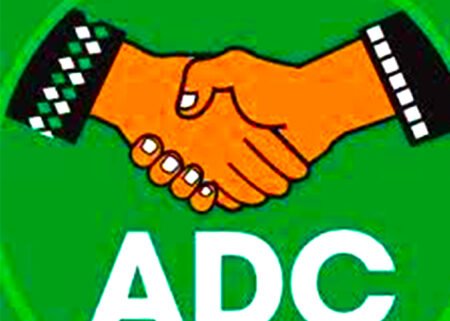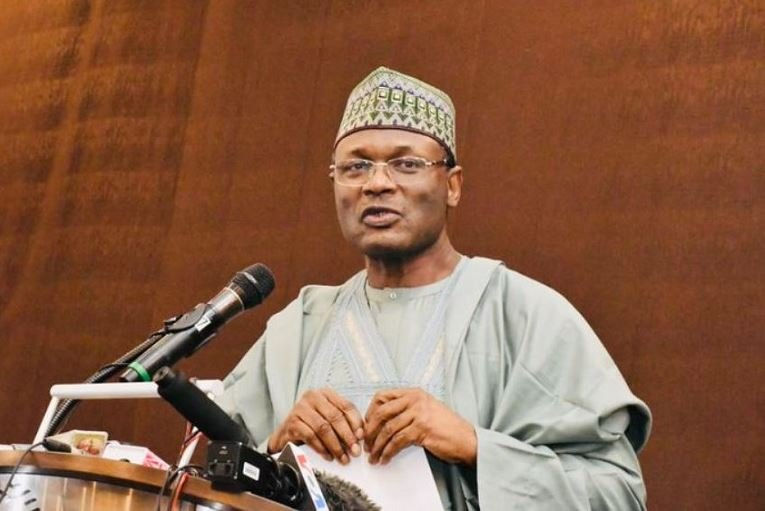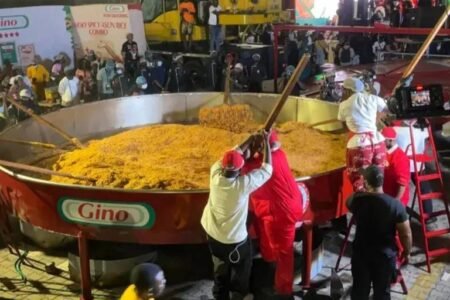President Bola Tinubu’s administration has been described by Former Vice President Atiku Abubakar as the lowest point in Nigeria’s democratic history.
In his Democracy Day message on Thursday, Atiku argued that Nigerians are not witnessing true governance, but rather domination.
In 2018, former President Muhammadu Buhari’s administration formally announced June 12 as Nigeria’s Democracy Day to honour Moshood Abiola, widely regarded as the real winner of the 1993 presidential election.
The 2025 celebration commemorates Nigeria’s 26 years of unbroken democratic administration.
Atiku, the Peoples Democratic Party’s 2023 presidential contender, stressed that June 12’s successes were the product of a long battle.
He bemoaned that the democratic momentum that began in 1999 is progressively being reversed.
Atiku stated, “Thirty-two years ago, Nigeria stood on the cusp of greatness. The winds of democratic change were sweeping through Africa, and all eyes turned to our nation with hope, hope that Nigeria would rise as a beacon of liberty, justice, and self-determination.
“I was privileged to be an active participant in that defining chapter, which culminated in a historic election that captured the imagination of the world and reshaped our political destiny. It was a moment of great promise and great sacrifice.
“The political class made painful compromises, but it was the Nigerian people who bore the heaviest burden. They yearned for a new democratic order, and many paid dearly for it. I, too, made my fair share of sacrifices, most notably setting aside my own presidential ambition in deference to the late Chief MKO Abiola, a gesture made in faith and fidelity to a higher national cause.
“But others gave far more. The late Alhaja Kudirat Abiola, Tafida Shehu Musa Yar’Adua, and Alfred Rewane; these brave souls gave their lives in pursuit of a freer Nigeria. Their memories are etched into our national conscience and must never be forgotten.
“The gains of June 12 were hard-won. But sadly, the democratic promise that blossomed in 1999 is being steadily dismantled before our very eyes.”
Atiku accused the ruling All Progressives Congress (APC) and its federal government of governing with a clear aim to dominate, suppress, and silence dissent.
Atiku stated, “Today, Nigeria teeters on the edge of a dangerous precipice—a creeping one-party dictatorship is replacing the democratic order we bled for. Those who laid down their lives did not do so for Nigerians to groan under the yoke of authoritarianism and economic suffocation.
“The ruling party and its federal government now govern with the unmistakable intent to dominate, subdue, and silence. Their tactics are not subtle. Opposition voices are being systematically erased.
“Contracts for multi-billion-naira infrastructure are funnelled to cronies and family associates of the president. National institutions, once symbols of unity, are being brazenly renamed in honour of a sitting president, as though the country were a private estate.
“What we are witnessing is not governance; it is conquest. This government represents the lowest ebb in our democratic journey. Institutions have been weaponised. Policies are crafted not to empower the people but to entrench fear, obedience, and control. The common Nigerian has been abandoned at the altar of elite comfort. And make no mistake: this is the antithesis of everything June 12 stands for.”
Atiku stated that as long as oppression persists, June 12 will endure, not merely as a memory but as a continuing movement.
The statement read in part, “We are again at a historic threshold. Nigeria must choose: the path of democratic renewal or the dark alley of despotism.
“The ongoing effort to build a broad, united opposition front is not about power for power’s sake. It is a moral imperative. It is about defending the legacy of June 12. It is about ensuring that no one, no matter how powerful, is allowed to privatise the state and reduce the people to pawns in their political chess game.
“It is about reclaiming Nigeria for Nigerians and safeguarding the future of generations unborn. This is not just a political contest; it is a moral crusade. A struggle to liberate our economy, our democracy, and our dignity from the grip of authoritarian forces. And like every righteous struggle, it demands courage, clarity, and collective resolve.
“As long as oppression thrives, June 12 lives on, not just as memory, but as movement. “The time to rise is now,” Atiku concluded.











